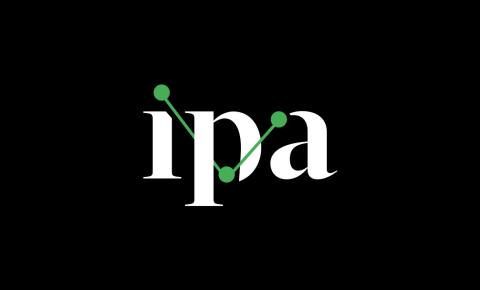Research Findings

Are Training Programs Better Than Cash Transfers At Improving The Lives Of Poor And Underemployed Young People? Evidence From Rwanda
Read More

Is A Pay-For-Performance Model For Teachers Effective In Improving Educational Outcomes? Evidence From Rwanda
Read More

Benchmarking a WASH and Nutrition Program to Cash in Rwanda
Read More
Policy Impact
Embedded Lab
IPA Rwanda, Georgetown University Initiative on Innovation, Development and Evaluation (gui2de), and Rwanda Education Board founded the Rwanda Embedded Lab to support evidence-driven education policy. Its main objective is to support data-driven teacher recruitment and management.












